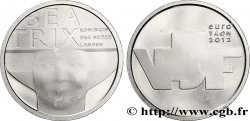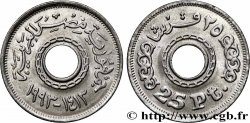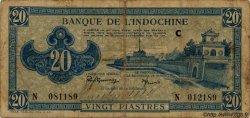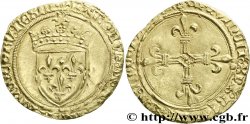E-auction 285-205924 - fme_369737 - NETHERLANDS Médaille, Société Hollandaise de Chimie
Чтобы принять участие в торгах, вы должны войти в систему и стать подтвержденным участником аукциона. Войдите, чтобы сделать ставку. Ваш аккаунт будет подтвержден в течение 48 часов. Не ждите до закрытия торгов, чтобы зарегистрироваться.Сделав ставку на данный товар, вы вступаете в юридическое соглашение на покупку выбранного товара и нажатием кнопки «Сделать ставку» подтверждаете принятие вами условий интернет-аукционов cgb.fr.
Ставка может бить сделана только в полном эквиваленте евро. Торги закроются согласно времени, указанному в описании товара, все ставки, сделанные после закрытия торгов, учитываться не будут. Не следует откладывать предложение вашей ставки до последнего момента, так как система может не успеть обработать вашу заявку, и ваша ставка не будет принята. Более детальную информацию вы найдёте здесь: FAQ по интернет-аукционам.
БЕСПЛАТНО.
БЕСПЛАТНО.
| Оценить : | 125 € |
| Цена : | 19 € |
| Максимальная предлагаемая цена : | 22 € |
| Конец торгов : | 01 October 2018 18:42:00 |
| Участников : | 7 Участников |
Тип Médaille, Société Hollandaise de Chimie
Дата: 1928
Монетный двор / Город: Pays-Bas, La Haye
Металл: bronze
Диаметр: 50 mm
Ориентация осей монеты: 12 h.
Вес: 45 g.
Век: lisse
Пуансон: sans poinçon
Комментарии о состоянии
Patine hétérogène. Petite usure
Лицевая сторона
Аверс: легенда: NEDERLANDSCHE CHEMISCHE VERDEENIGING 19-03-1928.
Аверс: описание: Légende circulaire, autour d’une sorte d’alambic et d’une balance.
Обратная сторона
Реверс: легенда: TER / GELEGENHEID / VAN HET / 25 JARRIGBESTAAN / IN WELK JAARTEVENS / WERDGEHOUDEN / DE IXE / CONFERENTIE / VAN DE UNION / INTERNATIONALE / DE LA CHIMIE / PURE ET / APPLIQUÉE.
Реверс: Описание: Légende en 13 lignes.
Комментарий
Cette médaille a été émise à l’occasion des 25 ans de la Société allemande de Chimie et de la onzième conférence de l’Union internationale de la chimie pure et appliquée (fondée en 1919,
https://iupac.org/).
Après la Première Guerre mondiale les académies des sciences des pays alliés décidèrent de boycotter les scientifiques allemands et la langue allemande et fondèrent en même temps de nouvelles organisations scientifiques internationales : le Conseil international de recherches pour les sciences, qui chapeautait des unions internationales dans les disciplines les plus importantes, et l’Union académique internationale pour les sciences de l’homme. Les langues principales de ces organisations étaient le français et l’anglais. Dans le domaine des sciences, l’accent fut mis sur les unions internationales d’astronomie, de géophysique et géodésie, de chimie, de mathématiques et de médecine. Celles-ci organisaient périodiquement des réunions et des congrès dont étaient exclus les scientifiques allemands et la langue allemande. Le boycott était justifié par le fait que les scientifiques allemands avaient nié la responsabilité allemande dans la guerre et les crimes de guerre commis par l’Allemagne et qu’ils avaient glorifié le militarisme allemand. La guerre et le boycott entraînèrent un important affaiblissement de la position internationale des scientifiques allemands et le recul de la langue allemande comme langue internationale de la science..
This medal was issued on the occasion of the 25th anniversary of the German Chemical Society and the eleventh conference of the International Union of Pure and Applied Chemistry (founded in 1919, https://iupac. org/).
After the First World War, the academies of science of the Allied countries decided to boycott German scientists and the German language and at the same time founded new international scientific organizations: the International Science Research Council, which oversaw international unions in the most important disciplines, and the International Academic Union for the Human Sciences.. The main languages of these organizations were French and English. In the field of science, emphasis was placed on international unions in astronomy, geophysics and geodesy, chemistry, mathematics and medicine. These periodically organized meetings and congresses from which German scientists and the German language were excluded.. The boycott was justified by the fact that German scientists had denied German responsibility for the war and war crimes committed by Germany and had glorified German militarism.. The war and the boycott led to a significant weakening of the international position of German scientists and the decline of the German language as the international language of science..
https://iupac.org/).
Après la Première Guerre mondiale les académies des sciences des pays alliés décidèrent de boycotter les scientifiques allemands et la langue allemande et fondèrent en même temps de nouvelles organisations scientifiques internationales : le Conseil international de recherches pour les sciences, qui chapeautait des unions internationales dans les disciplines les plus importantes, et l’Union académique internationale pour les sciences de l’homme. Les langues principales de ces organisations étaient le français et l’anglais. Dans le domaine des sciences, l’accent fut mis sur les unions internationales d’astronomie, de géophysique et géodésie, de chimie, de mathématiques et de médecine. Celles-ci organisaient périodiquement des réunions et des congrès dont étaient exclus les scientifiques allemands et la langue allemande. Le boycott était justifié par le fait que les scientifiques allemands avaient nié la responsabilité allemande dans la guerre et les crimes de guerre commis par l’Allemagne et qu’ils avaient glorifié le militarisme allemand. La guerre et le boycott entraînèrent un important affaiblissement de la position internationale des scientifiques allemands et le recul de la langue allemande comme langue internationale de la science..
This medal was issued on the occasion of the 25th anniversary of the German Chemical Society and the eleventh conference of the International Union of Pure and Applied Chemistry (founded in 1919, https://iupac. org/).
After the First World War, the academies of science of the Allied countries decided to boycott German scientists and the German language and at the same time founded new international scientific organizations: the International Science Research Council, which oversaw international unions in the most important disciplines, and the International Academic Union for the Human Sciences.. The main languages of these organizations were French and English. In the field of science, emphasis was placed on international unions in astronomy, geophysics and geodesy, chemistry, mathematics and medicine. These periodically organized meetings and congresses from which German scientists and the German language were excluded.. The boycott was justified by the fact that German scientists had denied German responsibility for the war and war crimes committed by Germany and had glorified German militarism.. The war and the boycott led to a significant weakening of the international position of German scientists and the decline of the German language as the international language of science..







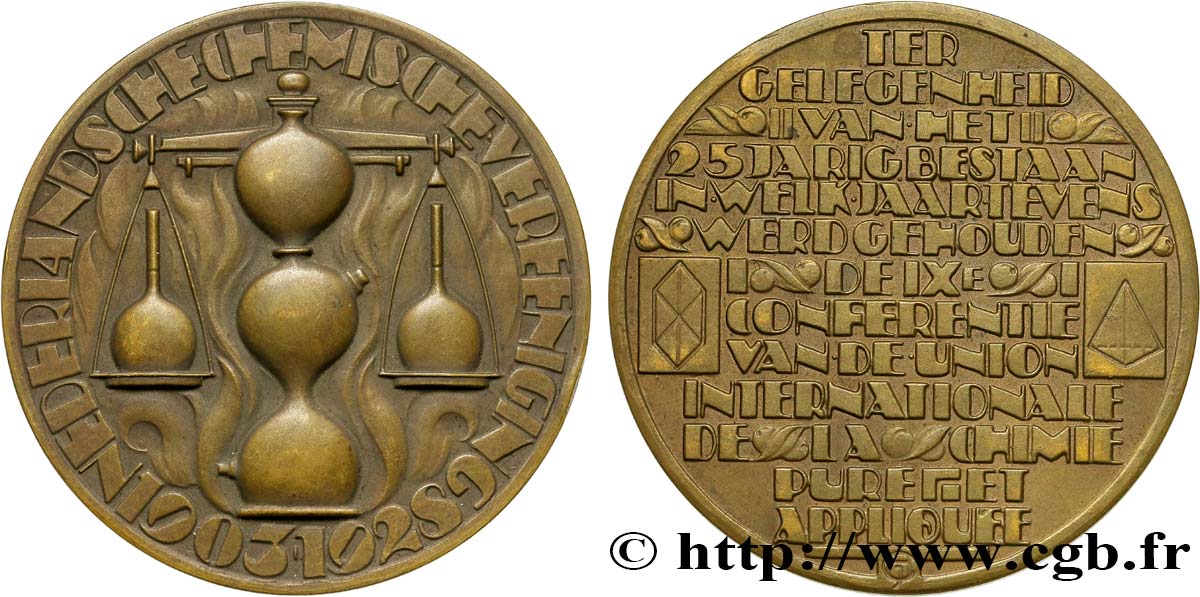
 Cообщить об ошибке
Cообщить об ошибке Распечатать страницу
Распечатать страницу Отправить мой выбор
Отправить мой выбор Задать вопрос
Задать вопрос Consign / sell
Consign / sell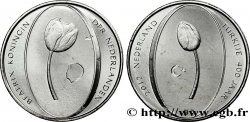
 Информация
Информация


